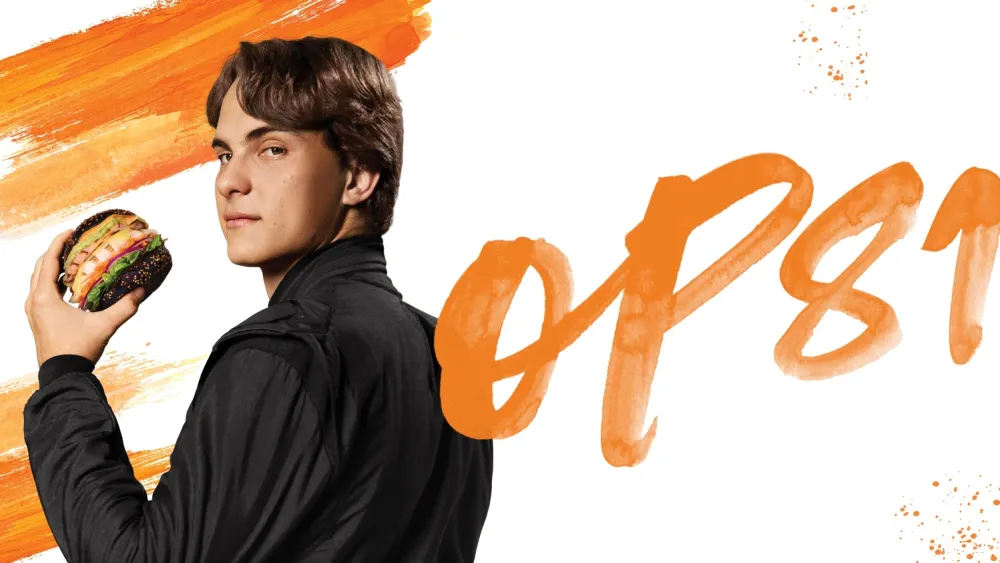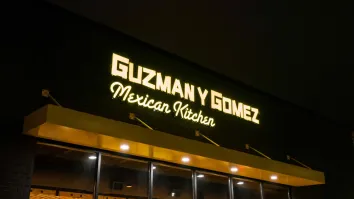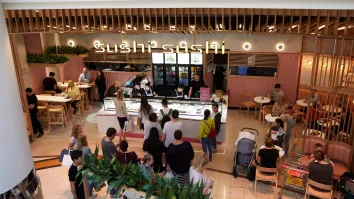Data-driven loyalty program to return marketing investment
Leveraging customer data for personalised marketing is key to driving return on investment and enhancing customer loyalty.
The Quick Service Restaurant (QSR) industry is rapidly evolving with an increased focus on app-based loyalty programs and data-driven personalisation, emphasizing on data in shaping customer engagement and marketing strategies.
Anthony Mittelmark, Chief Technology Officer of Retail at Fujitsu, said that loyalty is a form of personalisation, and that customer data, platforms, and personalisation intertwine to drive effective loyalty programs.
“A big percentage of customers will start their search either on delivery apps or search tools. Loyalty programs also have to suit the context and purpose of each channel. This means that loyalty in-store is not going to be the same as loyalty on the app, which is not going to be the same as loyalty in a drive-thru,” Mittelmark said.
He explained that the strategy revolves around understanding customer behavior through various channels – from delivery apps to voice search – and tailoring loyalty programs accordingly.
He added that a critical shift in the QSR industry's perspective is the concept of selling food to collect data, rather than the other way around. Mittelmark pointed out, "The more data you have, the more it drives the behavior you want, and the more it drives return on marketing investment, and ultimately, cost to serve."
Mittelmark acknowledged that this approach reduces acquisition costs, thereby not squeezing overall margins. He mentioned successful examples in the QSR industry including Wendy’s and Chipotle, while outside the sector, brands like Adidas and Nike excel in social selling, offering valuable lessons.
Mittelmark identified personalisation, now advancing into hyper-personalization, as a significant trend in the QSR industry. This approach not only enhances customer experience but also reduces acquisition, retention, and re-acquisition costs. Unified commerce, automation, AI, and IoT are also key trends, particularly for order accuracy and voice ordering. New modes of loyalty are emerging, shifting away from traditional earn-and-burn models.
“Personalisation provides a customer experience a lower acquisition, retention, and re-acquisition costs. So it's kind of a no-brainer,” he said.
Mittelmark said that the future of loyalty programs in the QSR sector is moving towards more invisible, gamified processes. Traditional point collection and redemption are becoming less relevant, with a focus on offering perks through leveling up.
This strategy, he said, draws inspiration from video game mechanics, rewarding loyalty with special privileges, events, or access to scarce items. Such tactics aim to increase brand awareness and promote specific products without directly impacting profitability.
Looking ahead, Mittelmark anticipates a highly omni-channel environment for the QSR industry. Success in this space will depend on effectively engaging customers across multiple platforms and ensuring loyalty programs are measurable and deliver value to the brand. QSRs will need to refine their loyalty mechanics and broaden their customer engagement strategies to make loyalty programs more impactful.

























